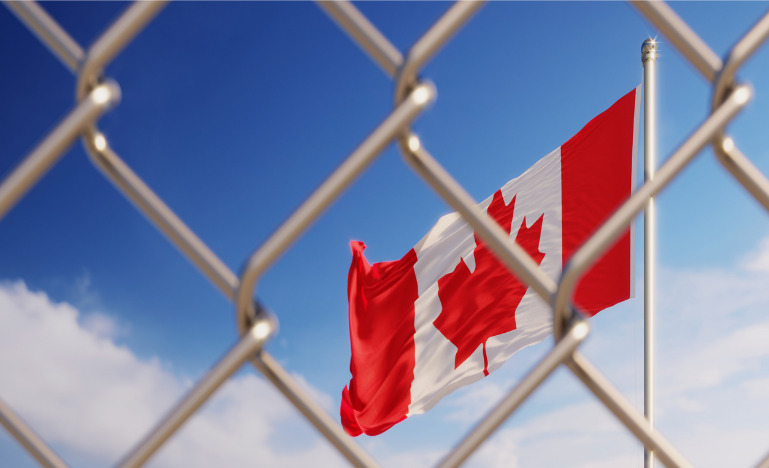Keeping our borders open to those in need
COVID-19 restrictions on asylum-seekers could contravene international law.

As part of its efforts to contain and limit the spread of the coronavirus pandemic, the federal government has issued travel advisories and restricted non-essential travel at the Canada-U.S. border. One of the restrictions, however, risks contravening Canada’s obligations under international law.
In March, the federal government said it will return to the U.S. authorities any asylum-seekers who cross the Canada-U.S. border at unofficial ports of entry.
In a letter to the Ministers of Immigration and Public Safety, the CBA’s Immigration Law Section points out that this is a marked departure from previous policy. Before the March announcement, the government had said it would screen and isolate asylum-seekers, a procedure consistent with recommendations from the World Health Organization.
Under international law and the 1951 Refugee Convention, Canada is obliged to allow asylum-seekers who arrive here to make a refugee claim and have that claim determined.
“By automatically returning asylum-seekers to the U.S., Canada could be seen as contravening international law,” the Section writes, not to mention its own Immigration and Refugee Protection Act.
Moreover, declaring the border closed won’t stop some of the world’s most vulnerable people from passing through them where they can, and those people might remain in hiding and not seek medical attention if they need it, risking their lives as well as the lives of Canadians.
The Section asks that the government reverse the new policy and comply with Canada’s “international, legal and moral obligations to keep its doors open to those in need.”


